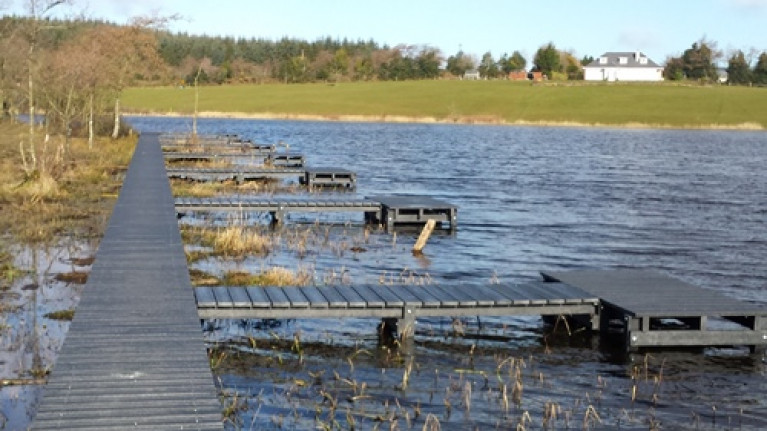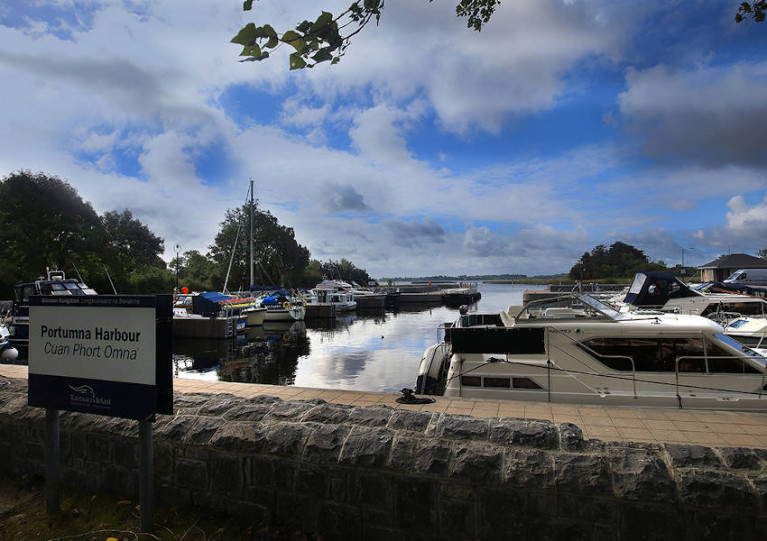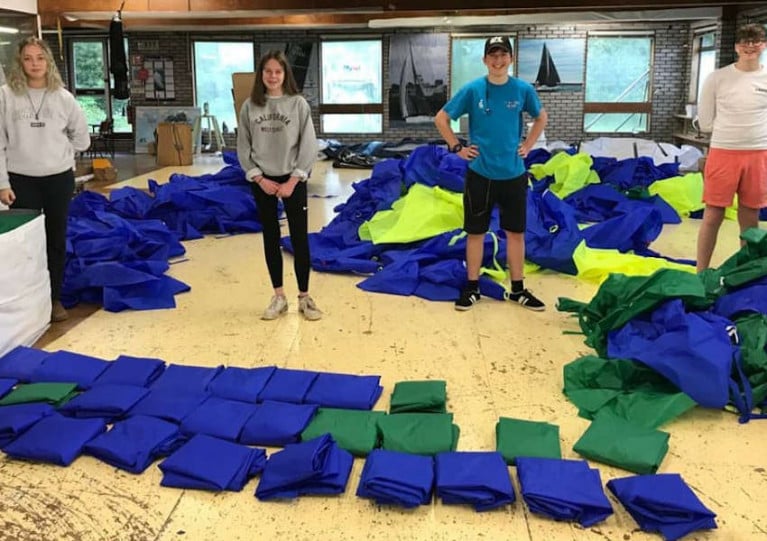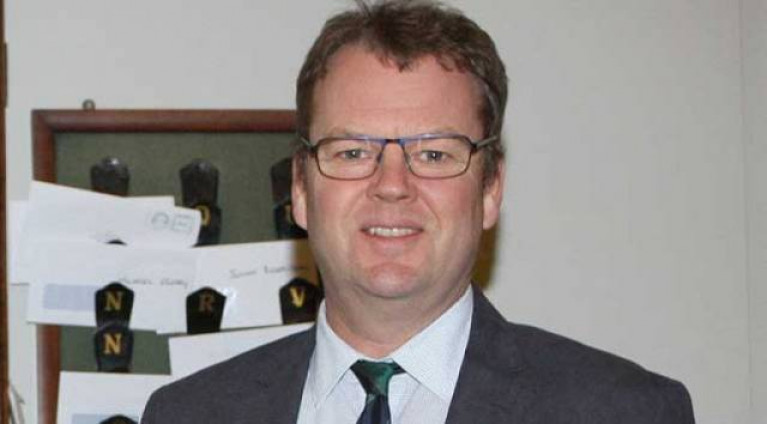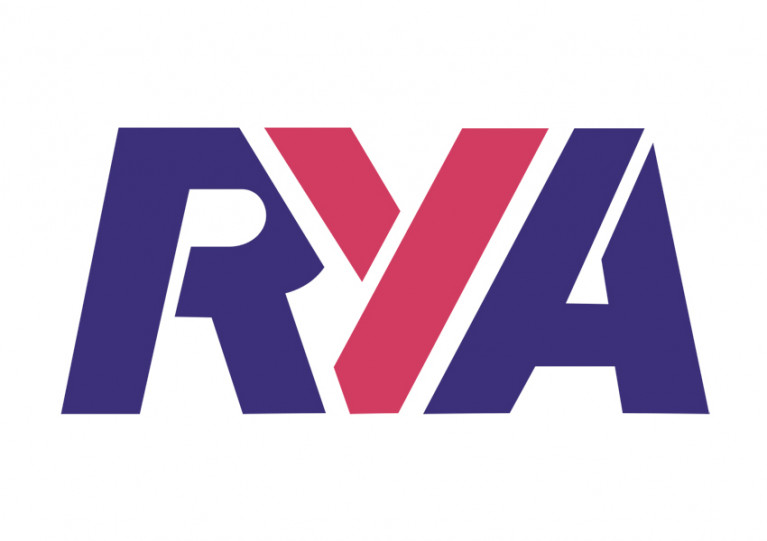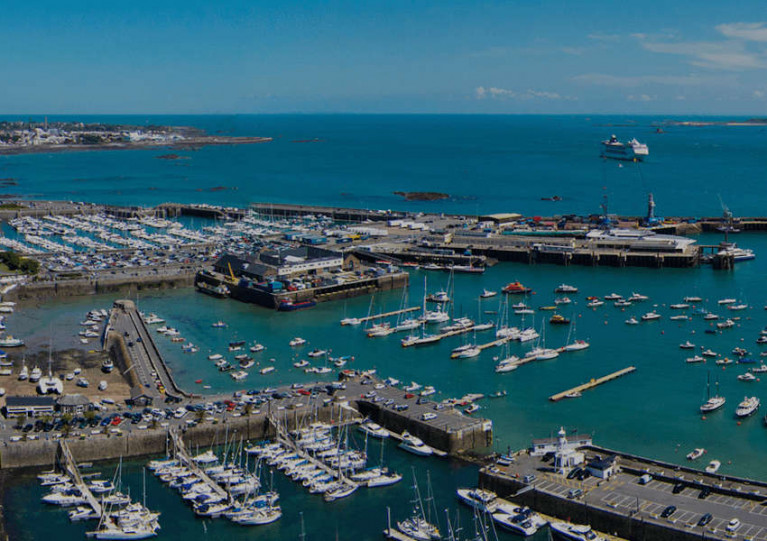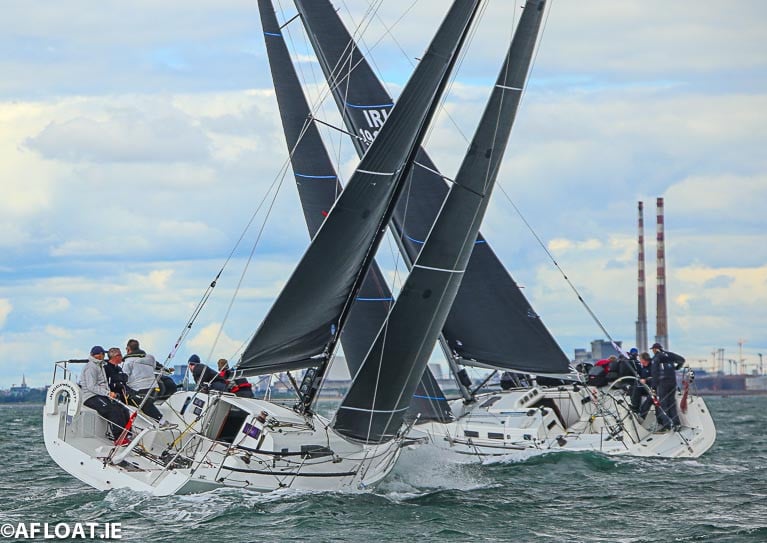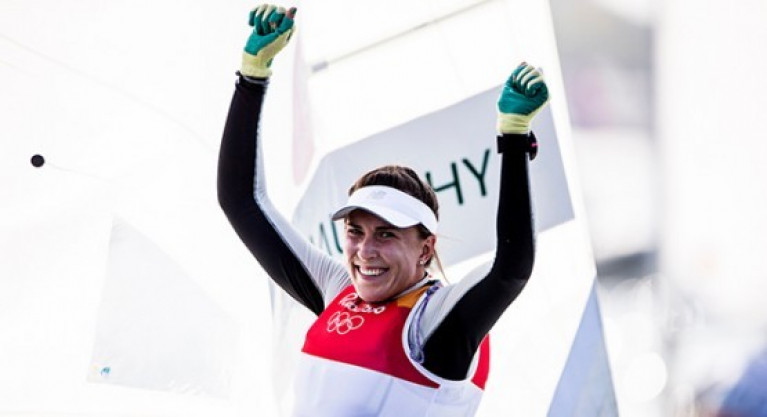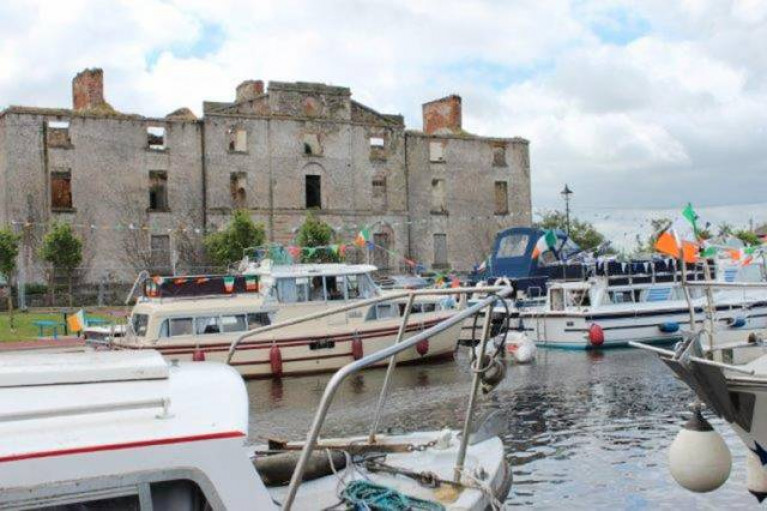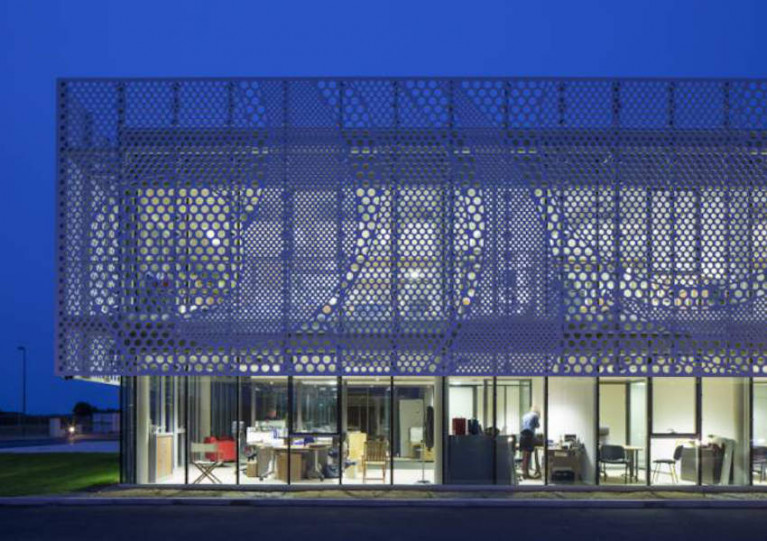Displaying items by tag: Coronavirus
RTÉ News reports that anglers are returning to many of Ireland’s most popular fisheries since the first easing of Covid-19 restrictions.
Since this past Wednesday 6 May, as announced by Inland Fisheries Ireland, anglers may fish from riverbanks within 5k of home on most State fisheries (except Galway and Moy) as well as ESB fisheries, provided they observe social distancing protocols.
Boat anglers are subject to RNLI safety guidelines, which currently recommend avoiding the water for any recreational activities.
The National Coarse Fishing Federation told RTÉ News it hopes for a co-ordinated cross-border approach “to opening up our sport” in the coming months, amid fears for the health of the angling tourism industry which remains shut down.
Waterways Ireland says it is currently planning the roadmap to the reopening of its navigations and the phased return of its workforce.
This plan will involve engaging with various stakeholders, such as user groups and other State agencies, and will be made available by 18 May when the first phase of easing Covid-19 restrictions is scheduled to begin.
“We recognise the situation is constantly changing and we ask for your patience during this time,” it said, adding that any updates to the situation will be communicated via the usual channels.
In the meantime, navigation on inland waterways is now permitted up to 5km from home within the Republic of Ireland only, provided social distancing is observed at all times.
As previously reported on Afloat.ie, the winter mooring period has been extended until 31 May at no additional cost. Travel in excess of 5km from home to check on moored vessels remains prohibited until further notice.
Electricity and water services have been reconnected following recent flooding issues, and pump-out facilities are available, but service blocks remain closed across the Shannon Navigation, Shannon-Erne Waterway, Royal and Grand Canals, Barrow Line and Barrow Navigation.
Canal towpaths are accessible for brief local exercise, now within 5km of home, with social distancing protocols applying.
“We would like to thank all stakeholders in observing the regulations and restrictions imposed on and along our waterways,” said the cross-border body.
“Your observance of such regulations is having a positive impact on the spread of the virus, releasing pressure on our health services, which are now, more than ever, required to protect those who are most in need. We ask you to continue to keep up the good work.
“Our message to all users of our waterways continues to be PLEASE STAY AT HOME.”
Meanwhile, Shannon Navigation cruiser hire firm Carrickcraft plans to reopen from 20 July to tap into the expected late summer ‘staycation’ market, as reported yesterday on Afloat.ie.
The Royal Cork Yacht Club has congratulated members of its U25 Academy who have been getting involved in UK Sailmakers Ireland’s recent PPE-making efforts.
After closing its Crosshaven loft to customers in mid-March, UK Sailmakers Ireland last month took on the mammoth task of switching from its usual sail wardrobes to scrubs and masks for frontline HSE workers in the fight against coronavirus.
Among those pitching in were Erica Rhodes, Leah Hanlon, Griff Kelleher and David Jones, who earned the praise of their home club on social media.
Irish Sailing says it is “seeking clarification” from the Department of Sport as it drafts a plan ahead of the first phase of coronavirus restrictions easing from 18 May.
Chief executive Harry Hermon says the governing body for boating in Ireland wants clarification “on a number of issues”.
This follows the announcement last Friday 1 May of a roadmap for the phased easing of restrictions that have seen sailing and most other outdoor sports and pastimes on pause since mid March.
“Careful consideration must go into the plan as we have a wide number of different stakeholder groups requiring scenarios to cope with social distancing regulations,” said Hermon today (Tuesday 5 May).
“We anticipate that we will have this draft plan to discuss with clubs, centres and members towards the end of this week.”
RYA Puts Almost One Third Of Staff On Furlough Among Measures To ‘Safeguard The Future’
The RYA has furloughed almost a third of its staff among measures to safeguard its future amid the impact of coronavirus.
In a message to member organisations last week, Richard Falk, RYA’s director of training and qualifications outlined the actions taken by the UK’s national governing body for all forms of boating, which include two weeks of mandatory leave for all staff to “ensure we are fully manned to provide the necessary service when restrictions are lifted”.
Some 30% of RYA staff have been furloughed “so far”, while all RYA-organised events to the end of may have been cancelled. Instructor training and re-validations until the end of May have also been either cancelled or postponed.
“Our focus so far has been on supporting RYA training centres as best we can through such efforts as promoting eSailing as an alternative to keep sailors engaged in the sport, and lobbying the UK Government for support for small businesses and self-employed workers who are currently falling through the cracks of the government’s financial package,” Falk says.
“Clearly we are not out of the woods yet, but we are seeing the partial lifting of restrictions in some countries. We expect further news from the UK Government [in the coming days] and obviously each country is working to its own timetable depending upon its own situation with regard to the impact of Covid-19.”
Falk says the RYA’s emphasis “is now shifting towards the future” with regard to its network of training centres around Great Britain and Northern Ireland.
“We are working on the creation of advice and guidance for RYA training centres to assist with the various measures they may need to consider when thinking about plans for recommencing operations when it is safe and appropriate to do so. This will be in the form of advice rather than mandatory requirements.
“As always, RYA training centres will need to ensure they are continuing to comply with the restrictions and guidance of the competent health authorities in the country in which they are operating.”
Falk adds: “I can assure you that the entire RYA training team shares your anxiety and is experiencing the same sense of frustration and concern over what will happen in the coming weeks and months.
“We remain available to you and wish each and every one of you well as we continue to look towards what a ‘new normal’ way of operating might look like in the future.”
In a move that will bring hope to boating communities around Ireland and the UK, harbour authorities in the Channel Island of Guernsey have permitted recreational boaters to sail as part of their daily two-hour exercise window.
The move, instituted from Saturday (2 May), is subject to a number of conditions, including full checking of all boat systems and local weather conditions, frequent cleaning of surfaces and objects touched regularly, and patience in seamanship to sail in accordance with social distancing.
In addition, skippers may only be accompanied by those who reside at the same address — or, where the vessel is sufficiently large enough, with one other person from a different household.
The islands of Alderney, Sark and Helm remain off-limits as per their respective authorities’ measures to control the spread of coronavirus.
And boats must not make landfall beyond the Bailiwick of Guernsey lest they be subject to 14 days of self-isolation upon their return.
Last week it was announced that sporting activities in Ireland would be reactivated in stages from 18 May, but it is not yet clear where recreational boating might fit into this roadmap.
Ireland now has a roadmap to the easing of restrictions from Covid-19 but as Afloat has heard from sailing organisers there is still clarity needed as to how we can return to sailing. Copying what New Zealand is doing as it prepares to get back on the water may point the way for Ireland to implement the 'bubble' concept that permits increased close quarters activity in sport, including sailing.
As well all know now, the only thing that is definite in these troubled times is change – what the World looked like in early March is very different to early May and early July will, no doubt, see even further changes.
Speculation on what the “new normal” will look like occupies much of the media space right now. Countries and regions that are leading the race away from lockdown restrictions are being watched carefully to see their measures and the success or failure of those measures. New Zealand and Australia’s isolation has given them a head start on the rest of the world – it is likely that New Zealand’s 4 alert level plan informed many aspects of Ireland’s 5 phase roadmap.
New Zealand has today, May 4, recorded no new cases. This suggests that a move from the current level 3 to level 2 could happen as early as May 11, allowing boating again, which was not permitted under New Zealand's level 3. There is more on the NZ Bubble in the Evening Standard here. And as Afloat reported previously, the model is something that Professor Sam McConkey, head of the Royal College of Surgeons’ department of international health and tropical medicine, has pointed too. McConkey believes specific sports like single-handed sailing can return to the water soon.
The “bubble” concept is now widely practised – we are largely confined to the household bubble here in Ireland, but as they emerge from strict lockdown protocols, New Zealand and Australia (and some other areas) consider the extension or joining of bubbles to include wider family groups. Indeed, Australia and New Zealand are considering a trans-Tasman bubble to allow travel to resume between the two countries.
It may be possible to use the bubble concept, aligned to testing and tracing, to permit increased close quarters activity in the area of contact sports. A bubble of people, all of whom are Covid-free, could play with another bubble of Covid-free participants.
In sailing, if we can ensure that our crewmates are all Covid-free, then activity could resume. And while this may seem far-fetched right now, the constantly changing environment may permit this in a few month’s time?
Annalise Murphy Adapts In The Time Of Coronavirus
“In my head I was going, ‘If I give up here, they’re going to be saying that Annalise The Olympian has just quit’. So I couldn’t quit.”
That’s how Annalise Murphy explains her motivation to keep up her fitness and focus for the next Olympics in the time of coronavirus, in an interview with Malachy Clerkin in The Irish Times this weekend.
The Laser Radial silver medallist was counting down the days to the Tokyo 2020 games when two months ago the world began to shut down in efforts to contain the spread of Covid-19.
Within a matter of weeks, the event she and thousands of other athletes had been working towards for months, if not years, was suddenly another year away.
And what’s more, movement restrictions prevented her from even taking to the water for training — and it’s still not entirely clear when that will resume. “I do really miss sailing right now,” she says.
In the meantime, the Irish hero of Rio 2016 has had to refocus her energies, training as much as she can at home.
But the situation, in giving her more time to think about her quest for Ireland’s reserved Laser Radial spot in Tokyo, has also had the side effect of expanding her ambitions.
“Initially, I was very much thinking I was going to retire after the Olympics,” she explains. “But after the Worlds [in February] I was going, ‘Well, I don’t know if I can retire now – I need to go and try to win a Worlds before I retire.’
The Irish Times has much more on the story HERE.
This year’s Shannon Harbour Canal Boat Rally, which had been scheduled for 19-21 June, has been postponed over the coronavirus pandemic.
Ian Skelton, Hon Sec of the Inland Waterways Association of Ireland’s Shannon Harbour branch and who confirmed the news, said it is hoped to have some sort of gathering in the rally’s stead later in the year if the situation improves.
This would have been the 49th edition of the rally, the running of which was taken over by Shannon Harbour IWAI two years ago.
Elsewhere, the Barrow Awards 2020 have been cancelled due to the ongoing Covid-19 situation, as reported by John Dimond of Barrow IWAI.
The award scheme promotes groups all along the River Barrow to focus on and improve their river frontage and acknowledges their efforts.
The awards have been supported by the county councils adjoining the Barrow, chaired by Eileen O’Rourke of Carlow County Council and with the backing of Waterways Ireland.
Beneteau Restarts Production As It Prepares New Strategy To Reflect Coronavirus Impact
French boatbuilder Beneteau has restarted production at three of its sites as it announced half-year earnings that showed a 4.7% rise in consolidated revenues by the end of February.
International Boat Industry reports that this was thanks to sustained business in both its boat and housing divisions — though it represents a period before the impact of coronavirus on the economy worldwide.
In response to the current crisis, Beneteau’s CEO has taken a salary reduction and a new strategic plan will follow in July to reflect significant changes in global markets.
Beneteau’s Irish agents are BJ Marine, who recently delivered a new Beneteau 27 sports cruiser — the first in the UK and Ireland — to an Irish Sea customer in Cardiff.


























